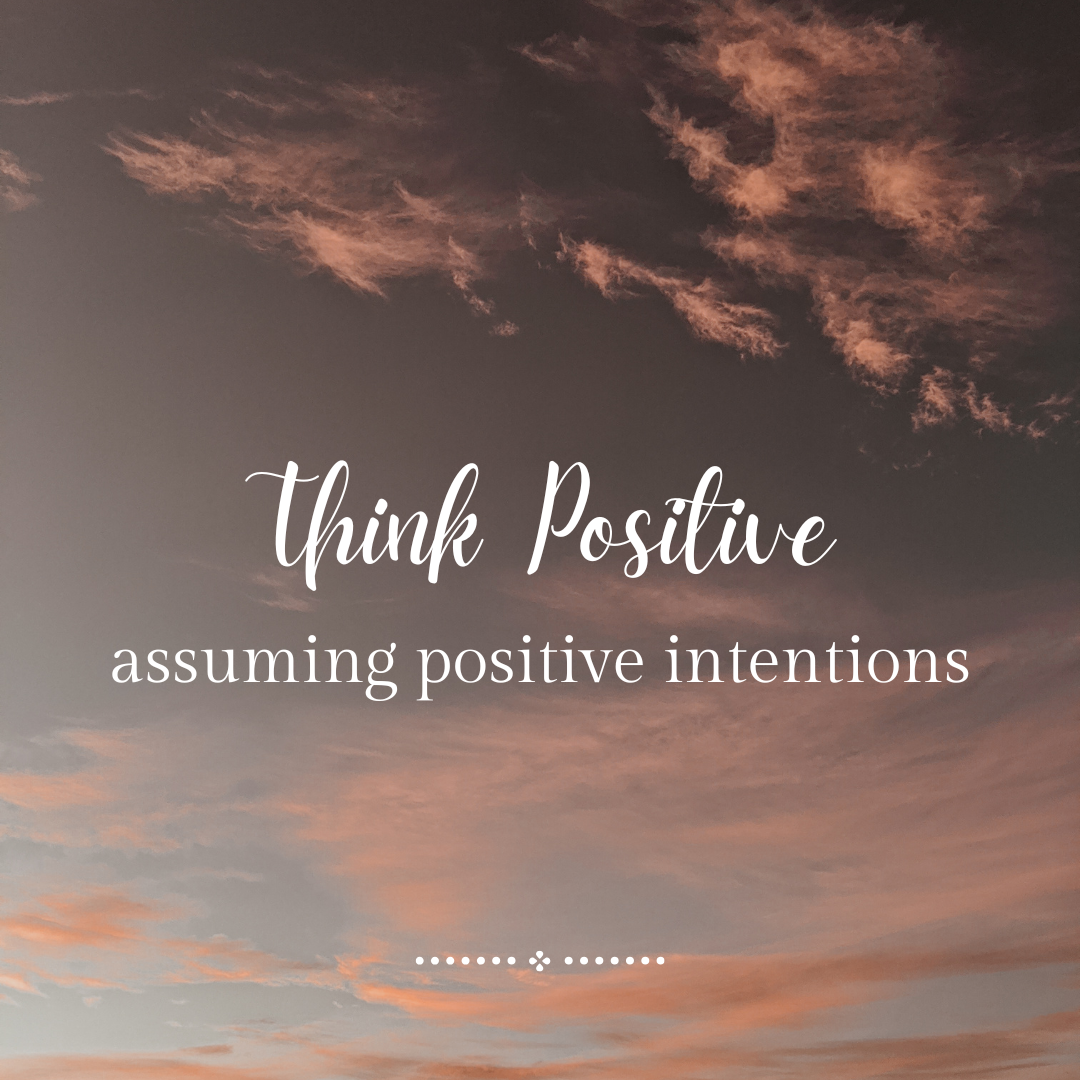BLOG


Take the first step toward better mental health today. At Individualized Solutions, LLC, I am committed to providing high-quality, compassionate care to help you navigate life’s challenges. Whether you need support for anxiety, depression, trauma, or any other mental health concerns, I am here to help work with you. Reach out to schedule your consultation and begin your journey toward healing and well-being.
Why We Don’t Accept Some Insurance (And Why It’s Actually Better for You!)
At Individualized Solutions LLC, we know that mental health is a personal journey—and so is how you pay for therapy. You may have noticed that we welcome cash-pay individuals and don’t accept some insurances. Let’s talk about why this choice benefits you and your therapy experience!
Here’s the thing about insurance:
They call the shots. Insurance companies decide what’s covered, how many sessions you get, and sometimes even the kind of therapy you “should” receive. It’s frustrating! And it means the focus is less on YOU and more on what’s pre-approved.
Privacy is priceless. When using insurance, your mental health diagnosis and treatment plans can be shared with your insurance company, and sometimes, your employer. With private pay, your information stays 100% confidential between us. Period.
No cookie-cutter treatment. Insurance requires specific labels or diagnoses to approve coverage, but at Individualized Solutions, we believe in providing therapy based on your individual needs—without having to fit your mental health into a neat little box.
Why private pay? With cash pay, YOU are in control. You choose the type of therapy, how often you want to meet, and what we focus on. No red tape, no middlemen—just personalized care that fits you.
Yes, we get it—therapy is an investment. And we know it can feel like a big commitment upfront. But your mental health is worth it! When you pay out-of-pocket, you're making an investment in yourself, free from the limitations of third-party approval.
Ready to prioritize YOU and take the next step in your mental health journey? I’m here to help.
Book an appointment today or give me a call at 573-418-1677. Let’s work together—on your terms!
P.S. We promise with private pay—no confusing claim forms or surprise letters from your insurance!